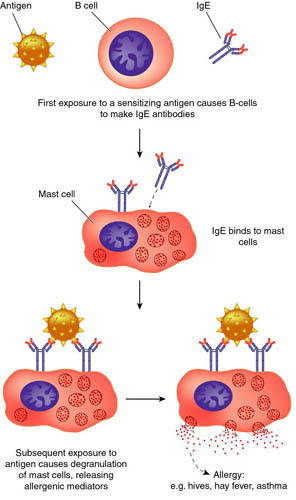New Study Focuses on Root Cause of Systemic Lupus Erythematosus
Written by |

In a new study entitled “Bortezomib Plus Continuous B Cell Depletion Results in Sustained Plasma Cell Depletion and Amelioration of Lupus Nephritis in NZB/W F1 Mice” researchers revealed a potential new therapy against the root-cause of systemic lupus erythematosus. The study was published in the journal PLOS One.
Systemic lupus erythematosus (SLE) is an autoimmune disease characterized by an aberrant production of autoantibodies (i.e., an antibody produced by the immune system that is directed against one or more of the individual’s own proteins). In previous studies, scientists have showed that a type of cell, named long-lived plasma cells (LLPCs), is responsible for the production of high titers of autoantibodies in SLE. As such, therapeutics have been developed within the last decade to target these LLPCs. One of the devised strategy was the targeting and consequent depletion of LLPCs by the drug bortezomib. Other approaches relied on blocking specific factors, namely LFA-1 and VLA-4, both important transmembrane receptors expressed at the surface of LLPCs that results in a temporary depletion of these cells. However, in both approaches LLPCs are capable of regenerating which renders these therapeutics a short duration. The rapid turnover of LLPCs is due to the hyperactivation of B cells, important cells in the immune system that regenerate LLPCs’ pool.
In this study, authors hypothesized whether targeting B cells alone or in combination with current therapeutics using selective B-cell targeting agents could enhance the elimination of LLPCs. Specifically, they tested the following regimens – anti-CD20; anti-CD20 plus bortezomib; anti-CD20 plus anti-LFA-1/anti-VLA-4 blocking antibodies; anti-CD20 plus bortezomib and anti-LFA-1/anti-VLA4 blocking antibodies (anti-CD20 is a B cells targeting antibody).
The team tested their strategy using a mouse model for lupus: the lupus prone NZB/W F1 mice. The team discovered that while short-lived lived plasma cells in bone marrow and spleen were efficiently depleted in all regimens. LLPCs were only depleted upon treatment with bortezomib plus anti-CD20. This regiment resulted in improved diseased pathogenesis (they observed a decrease in kidney inflammation, one of the most serious complications that can be caused by SLE) and prolonged survival of lupus prone NZB/W F1 mice.
Based on these results, the authors highlight their findings suggest bortezomib combined with a therapy that continuously targets B cells is a potential therapeutic for SLE and other autoantibody-related diseases.




